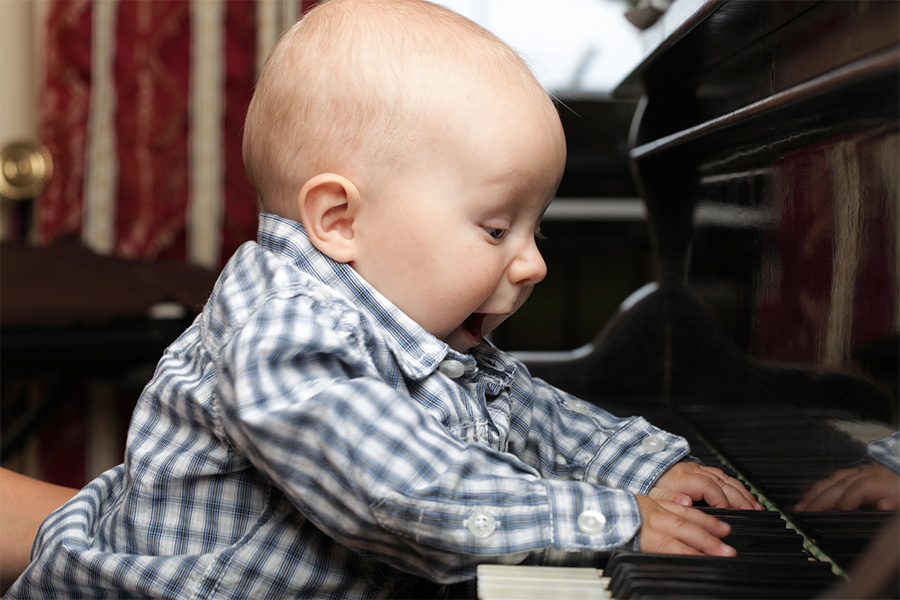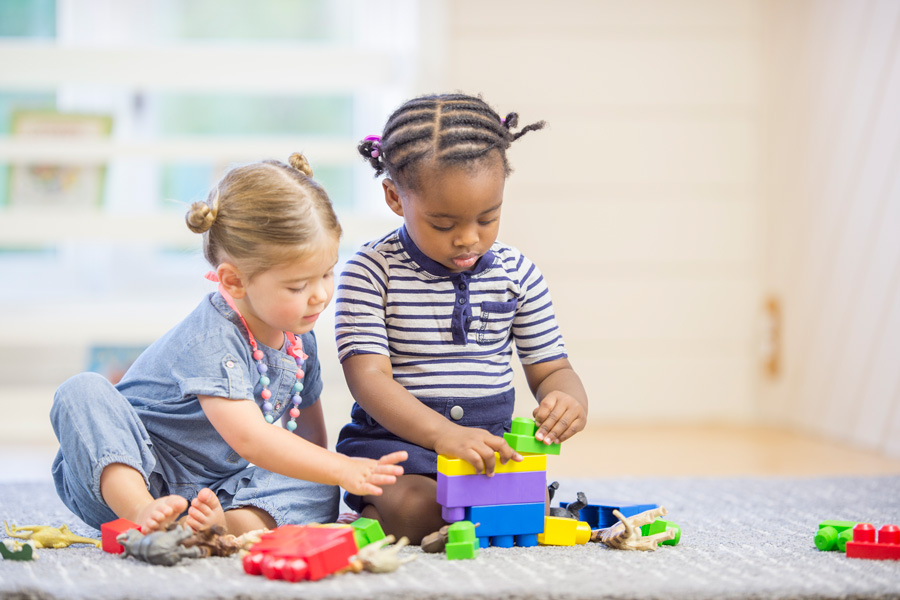Human Development and Family Science
-

Simple steps can stop preventable accidents in the laundry room. Laundry packets are used by millions of consumers and households each year and contain a highly-concentrated, pre-measured dose of detergent. They are very convenient and easy to use, however, as with any household cleaning product, these should be kept up and out of reach and sight of small children.
Pamela R. Turner and Keishon Thomas
|
-

C 1053-12
Buffering the Brain From Toxic Stress
Children who live in unpredictable worlds, who do not have the opportunity to form a secure attachment with a caregiver, or who live in an unsafe physical environment live in a constant state of heightened stress. This severe, chronic stress can have profound and long-lasting negative effects on brain development. Buffering children from toxic stress and helping reduce that stress to more tolerable levels are important ways adults can support early brain development. This publication explains what stress is and gives ways to can help young children deal with stress in a healthy way.
Diane W Bales
|
-

The developing brain thrives on repetition. When a baby experiences the same things over and over, the pathways of connections in her brain become stronger and more complex. One of the best ways to provide repetition for the developing brain is to create consistency in the child’s world. This publication explains the components of consistency and what you can do to create a positive and predictable environment.
Diane W Bales
|
-

C 1053-05
Learning Language
If you’re like most adults, learning a new language can be challenging. But the average baby learns a new language relatively easily. Babies learn language by hearing other people speak around them and by practicing making those sounds. Here is some information on how babies learn language and ways you can help your baby.
Diane W Bales
|
-

C 1053-06
The Role of Music in Brain Development
Children who grow up listening to music develop strong music-related connections in the brain. Some of these music pathways actually affect the way we think. Listening to classical music seems to improve our spatial reasoning, at least for a short time. And learning to play an instrument may have an even longer effect on certain thinking skills. Here is some information on how music affects our brains and ideas on how to help nurture children’s love of music.
Diane W Bales
|
-

C 1053-07
Is Breast Milk Best?
Deciding how to feed your baby is one of the most important decisions expectant parents make during pregnancy. The first year of your baby’s life is a time of rapid growth. By making sure your
baby gets the nourishment he needs, he’ll be able to develop to his fullest potential. This publication address questions you may have regarding breast- vs. bottle-feeding and what you can to do enhance your baby’s brain development.Diane W Bales
|
-

C 1053-08
What to Eat When You’re Expecting
Your diet is important throughout your pregnancy. However, there are some special needs to consider during each trimester. You can help your baby get a healthy start in life by eating a variety of nutritious foods and making sure you gain enough wait. This publication explains what to eat for each trimester and offers insight on eating the right foods.
Diane W Bales
|
-

C 1053-09
Nurturing Positive Relationships
Over the first months of life, babies build relationships with the adults who care for them. These early attachment relationships matter. Babies who form warm, loving relationships feel secure exploring and learning. Babies who live in an unpredictable world tend to form insecure attachments. They learn that the world is unreliable and expect later relationships to be negative. Here’s what you need to know about attachment and what you can do to help your baby build secure attachment relationships.
Diane W Bales
|
-

Play is one of the most essential activities babies do. Through play, babies and young children have the opportunity to experience new things and practice existing skills, which strengthens networks of
brain connections. This publication explains what babies learn while playing and what you can do to help build brain connections through play.Diane W Bales
|